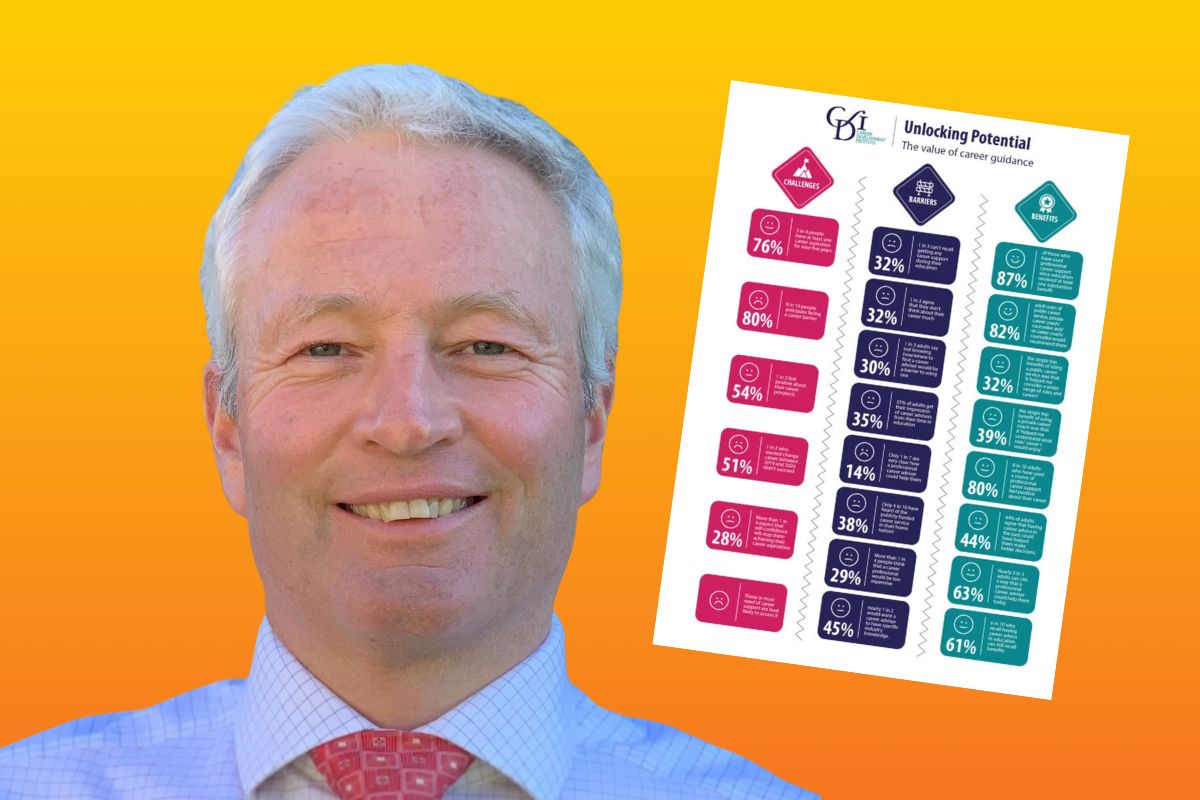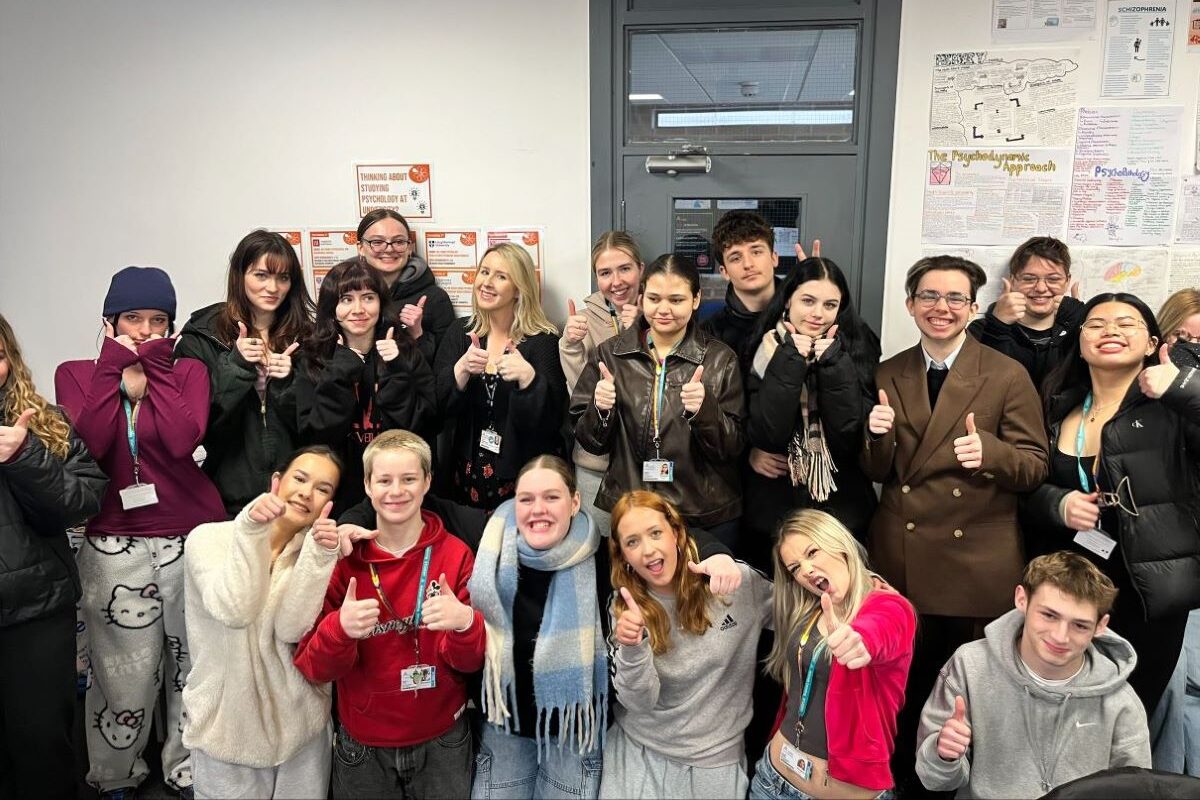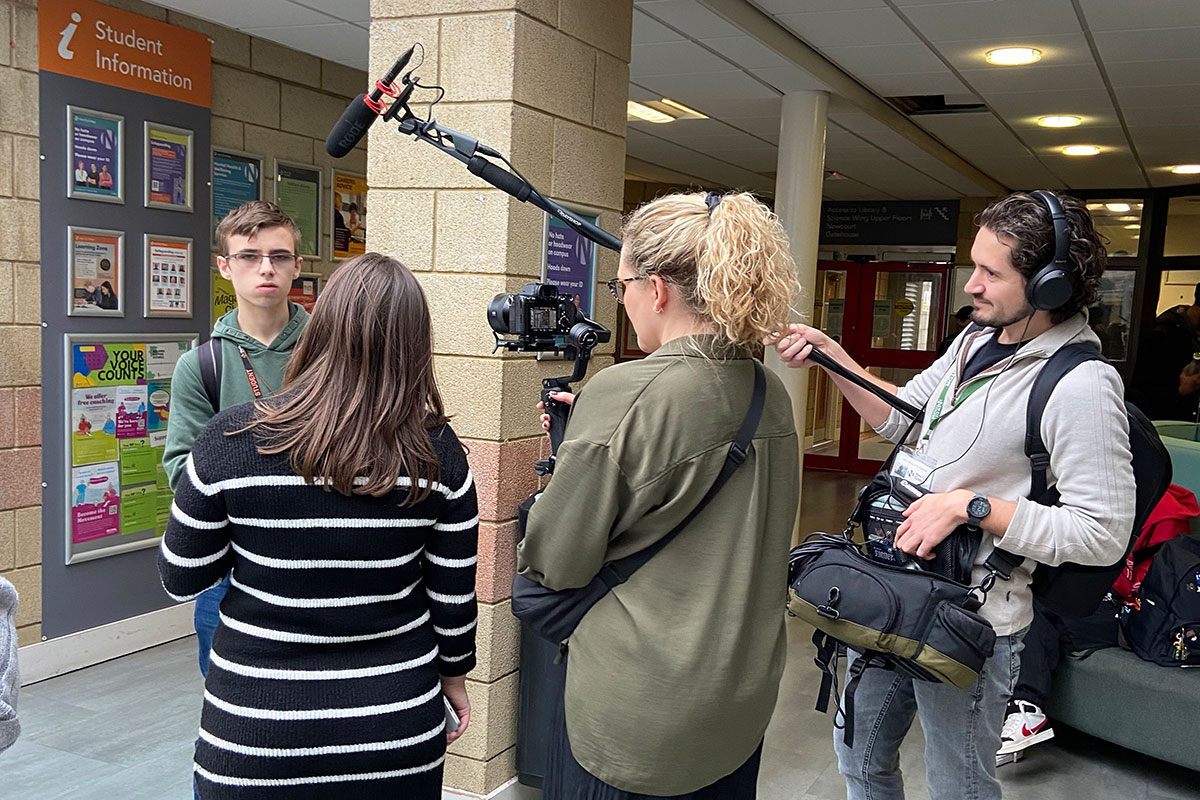Why work placements can be key to the success of our creative industries

Sarah Fearnley, Subject Specialist in Media, Broadcast and Production at NCFE, explains how work placements could be fundamental to the continued success of the UK’s creative industries.
In some sectors, staffing levels are reaching crisis point. Whether it’s due to delays in graduates progressing out of university, or students leaving their studies entirely to pursue more immediate employment, without a talent pipeline any industry will ultimately struggle.
Employers are now dealing with a range of different pressures that mean needs and opportunities have changed beyond recognition. Now more than ever, there’s a demand for students who are already trained with hands-on, real-world experience.
The media industry
Take the creative industries as an example, and more specifically the media industry. There are reports of staff shortages in every sector from film to high-end TV production, to games design and animation.
The Screen Skills Assessment 2021 highlighted that “recruiting editors, researchers and series producers remains a challenge for unscripted TV, along with some of the production management roles.”
It goes on to say that ”2D and 3D animators, riggers and storyboard artists remain challenging for animation” and that, “it is worth noting the emergence of difficulties in recruiting producer roles in post-production and VFX, along with engine coding skills in VFX and high-end technical operators for post-production.
“None of these are new roles, but they are likely to have been more in demand as a result of changes to working practices. If the shift in practices remains, then the shortages could move from short-term need to critical.”
It’s for this reason that the industry relies on a strong talent pipeline and individuals who can learn, adapt, and develop these skills quickly on the job. Prior to the pandemic, students left university and entered a media job, usually as a runner where they gradually learnt the ropes, irrespective of their degree result.
In this entry level position, students may have been buddied up with a mentor and gained those valuable real-world skills over the course of a year or so. Skip forward to now, and those same media companies are now understaffed and can’t offer full time mentoring, as they just don’t have the capacity to educate someone on how things should be done.
The Screen Skills Assessment also reported that “with respondents across screen sectors reporting similar concerns, the industry may benefit from taking more collaborative responsibility for developing new entrants, sharing practice and experiences.
“Whether lessons are captured from animation and games studios onboarding new entrants remotely, or film and TV productions bringing trainees on set, they are likely to offer valuable insights for all to learn from.”
Placing more value on work placements within education
One solution is placing more value on work placements within education. The most obvious example of this is the T Level qualification which incorporates a substantial industry placement of 45 days. This benefits students by giving them real-world experience, which can’t be taught in a classroom.
What’s more, these students won’t need a substantial amount of ‘hand holding’ due to the work-focused nature of their course – benefitting employers by providing them with skilled and talented young people who can increase productivity and add value, with no extra cost to them. Then on completion of their course, these students will be fully prepared to take the reins in a full-time role.
Focusing back on the media industry, next year will see the launch of the Media, Broadcast and Production T Level where students will be able to choose from three occupational specialisms, including Creative Media Technician, Events and Venues Technician and Content, Creation and Production.
Each specialism is unique to that role and students will gain vital production and post-production skills, which are so valuable and sought after by employers. Speaking with one media post-production company, Racoon, it was incredibly exciting to hear about some of the opportunities T Level students will be able to access during their placement.
Chief Commercial Officer, Charlotte Layton, explained that students will gain an overview of the whole post-production pipeline, from the receipt of rushes through to final delivery to the broadcaster or streamer. They will also experience online picture editing, colour grading, sound design, sound mixing and hands on experience with industry standard software tools, such as Avid, Adobe Premier-Pro, Davinci Resolve and Media Composer.
This is all in addition to vital competences such as budgeting, scheduling, and communication skills. Personally, I have an MA in Media Production and I can honestly say that I didn’t get to experience all those software tools at university.
Charlotte went on to add they would employ successful T Level students at Racoon because they will have skillsets and expectations that are relevant and would be able to “hit the ground running”. She told me that a lot of university students finish their degree courses and, when they do enter industry, must be “retrained to reach those industry standards and align with the companies’ values and expectations”.
I also spoke with Fionn Greger, Head of Production and Post at Amazon, who said that “the introduction of a T Level course that will teach students about creative content production and media is very exciting.”
He added: “This course will offer students the opportunity to learn about a subject matter that was not available previously in this capacity. This T Level course will set students up for success in the real world by giving them the opportunity to learn on the job, to film, to make, and to be creative.”
With the support and engagement of employers, qualifications with work placements can ensure students have the unique skills and experiences specific to their chosen industry.
By thinking a little differently when it comes to training the future workforce, we can help solve some of the skills shortages and staffing problems that many industries are now experiencing.
T Levels are a good example of how we can build relevant current and future skills, in addition to knowledge, and that must be a good thing for the future of many of our most important sectors, in particular for me, our creative industries.
Sarah Fearnley is the Subject Specialist for Media, Broadcast and Production at the educational charity NCFE. Sarah is a big supporter of hands-on, vocational learning and is championing the new Media T Level, due to launch in September 2023.












Responses